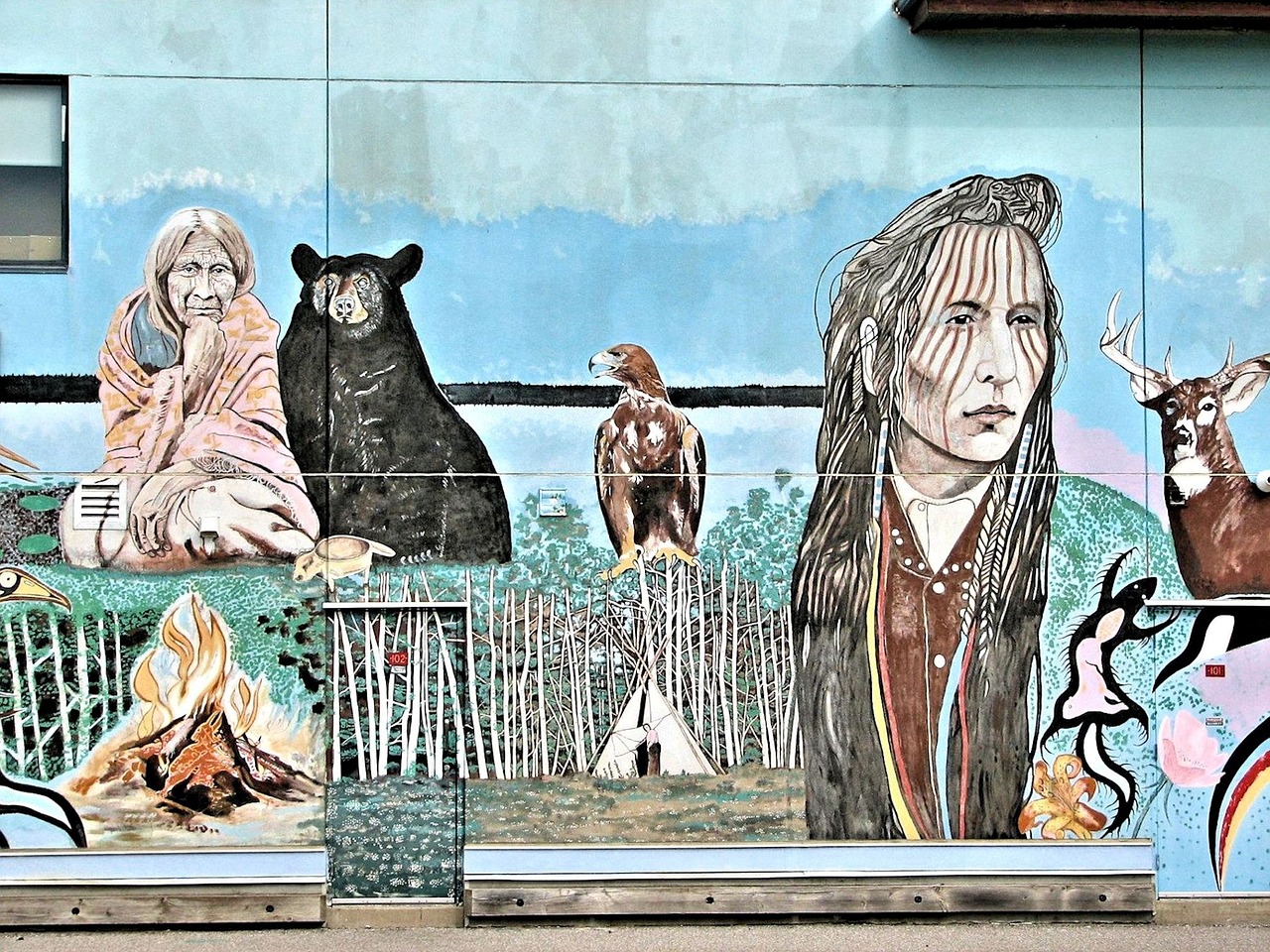The Influence of Online Communities on Elections: Laser book 247 login registration number, Lotusbook9 com, 11xplay
laser book 247 login registration number, lotusbook9 com, 11xplay: In today’s digital age, online communities have become powerful platforms influencing elections worldwide. The internet has revolutionized the way people communicate, connect, and share information, making online communities a key player in shaping public opinion.
The Influence of Social Media:
Social media platforms like Facebook, Twitter, and Instagram play a significant role in shaping voter perceptions. Political parties and candidates use these platforms to reach out to a wider audience, share their policies, and connect with voters on a more personal level. Online communities also provide a space for like-minded individuals to come together, discuss political issues, and mobilize support for their preferred candidates.
Fake News and Disinformation:
One of the biggest challenges of online communities in elections is the spread of fake news and disinformation. False information can quickly go viral on social media, influencing public opinion and swaying voter decisions. It is essential for users to be vigilant about the sources of information they consume and verify the accuracy of news before sharing it with others.
Online Campaigning:
Political parties now allocate a significant portion of their campaign budgets to online advertising. Platforms like Google AdWords and Facebook Ads allow parties to target specific demographics, reach undecided voters, and mobilize support. Online campaigning has become an essential tool in modern elections, allowing candidates to engage with voters in real-time and tailor their messages to specific audiences.
The Rise of Political Influencers:
Influencers on social media platforms have also become key players in influencing election outcomes. These individuals have a large following and can sway public opinion with their endorsements and opinions. Political influencers have the power to reach a wide audience and shape voter perceptions, making them an important factor in modern elections.
Online Activism and Grassroots Movements:
Online communities have also empowered grassroots movements and activism, allowing individuals to come together, organize protests, and push for social change. Platforms like Change.org and Avaaz have enabled ordinary citizens to make their voices heard and hold governments and politicians accountable. Online activism has become a powerful force in mobilizing support for specific causes and influencing election outcomes.
The Future of Online Communities in Elections:
As technology continues to evolve, the influence of online communities on elections is only set to grow. Artificial Intelligence, big data, and targeted advertising will play an even larger role in shaping voter perceptions and influencing election outcomes. It is essential for users to be critical consumers of information and engage in online communities responsibly to ensure the integrity of our democratic processes.
FAQs:
Q: How can I verify the accuracy of news shared on social media?
A: Check the source of the information, cross-reference it with reputable news sources, and look for any inconsistencies or biases in the reporting.
Q: Are online communities more influential than traditional media in elections?
A: Online communities have a broader reach and can target specific demographics more effectively than traditional media, making them a powerful influence on elections.
Q: How can I avoid falling for fake news on social media?
A: Be skeptical of sensational headlines, fact-check information before sharing it, and follow reputable news sources for accurate information.







